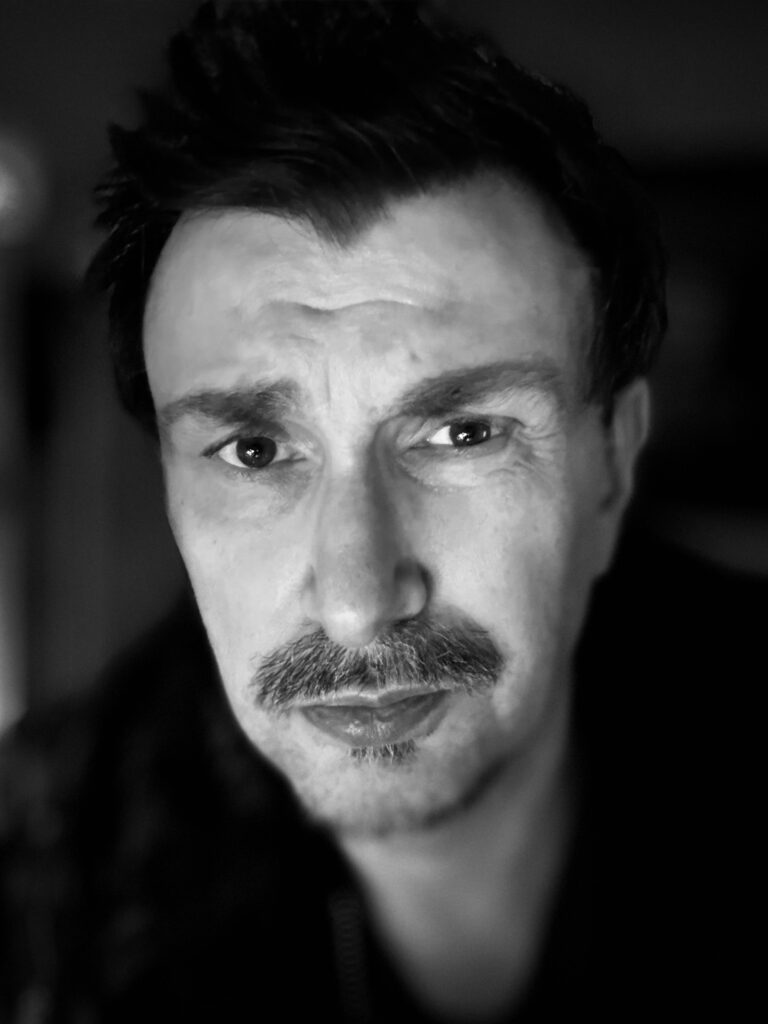DIRECTOR’S STATEMENT

The purpose of my message is not to equate my own hardships with the tremendous suffering borne by the Jewish people. Rather, I want to highlight how my difficult childhood, marked by severe abuse, gave me a deep understanding of pain and instilled in me a steadfast resilience—a resilience I see mirrored in Israel, whose people stand resolute under constant hostility and prejudice. My admiration for Israelis grows from observing their relentless fortitude, which echoes my own resolve. Although I am not Jewish, my heart often feels otherwise.
This personal story is intimately bound to my latest project, Mother of Hate, a film delving into the alarming rise of antisemitism after 7 October and the increasingly distorted view of Israel. Through this work, I hope to expose the sources of hatred, dismantle harmful myths, and promote a more compassionate grasp of history. I believe re-education holds transformative power, and this film stands as a testament to how knowledge can disarm ignorance.
I am Aro Korol, a Polish-born British filmmaker and an atheist brought up in a devout Christian household. At 19, whilst working on Steven Spielberg’s Schindler’s List, I came face to face with the unfiltered horror of the Holocaust—an era of torment conspicuously absent from my Polish education. Poland’s school system concealed many bleak truths, even during our solemn journey to Auschwitz at 15, when we were taught only of Polish suffering and the self-sacrifice of the Catholic martyr Maximilian Kolbe, bypassing the immense agony of the Jewish people.
I moved to Paris not long after and lived with my Jewish partner, immersing myself in Jewish communities in both Paris and New York. Proud of my Polish heritage, I was stunned when Broadway producer Gerry Schoenfeld said he would never travel to Poland because, in his eyes, all Poles were antisemites. Despite his initial reservations, we eventually visited Poland together, accompanied by his wife Pat, who graciously helped me confront my own ignorance. Curiosity drove me to investigate Poland’s wartime actions, uncovering pogroms and the murder of Jews at the hands of my fellow Poles. In my hometown alone, 5,000 Jews vanished with no trace left behind—only a plaque recalling the demolished synagogue and a fragment of the Jewish cemetery, split by a major road. In a town of sixteen thousand inhabitants, a third of the population was wiped from memory, and nobody seems to question their fate.
Equally disquieting was the discovery that Cementownia Goleszów, a vast factory two miles from my childhood home, operated as Golleschau, the largest Auschwitz sub-camp. I was 48 when I finally learned about it—many still have no clue. This collective amnesia stems from decades of antisemitic propaganda spread by the Catholic Church in Poland.
Unravelling such silences showed me how partial knowledge fosters false impressions. These revelations, along with today’s surge in antisemitism, compelled me to create Mother of Hate—a call to confront and demolish the ignorance and animosity that persist across time. It reflects my own awakening and stands as an urgent reminder that if left unchallenged, hatred can metastasise in the minds of communities and across generations.
Aro Korol